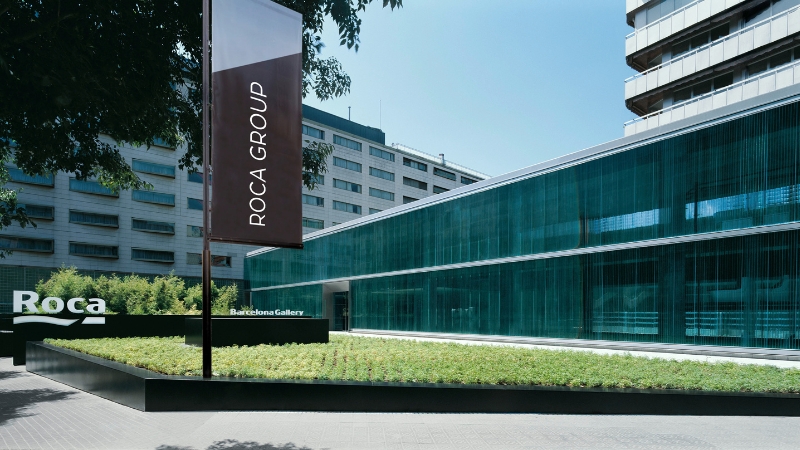Outlook for 2017 worsens as rising cost pressures and labour shortages are expected to dent construction industry growth.
Firms across the construction industry are bracing themselves for further cost pressures after reporting a rise in raw material prices despite growth across the industry during 2016 Q4.
An increase in sales, output and workloads were all reported during the quarter but forward-looking indicators suggest the outlook for building activity during 2017 has worsened.
The Construction Products Association’s Construction Trade Survey Q4 showed that overall costs increased for 88% of civil engineering contractors, whilst 75% of main contractors, 78% of heavy side manufacturers and 88% of light side manufacturers also reported a rise in raw materials costs.
“The construction industry closed 2016 on a strong note, with activity improving for firms throughout the supply chain,” Rebecca Larkin, Senior Economist at the CPA, said. “However, order books and enquiries were lower for contractors and signal a weaker outlook for 2017.
“Cost pressures continued to rise, particularly for imported raw materials, and compound the risks that activity will be unable to grow at current rates over the next 12 months. The construction products manufacturing industry is responsible for directly employing 280,000 people and whilst government has a role to play in providing certainty for projects, industry will need to find ways to navigate rising costs.”
The latest statistics also highlighted a skills shortage affecting key on-site trades with main contractors reporting shortages of carpenters and plasterers at their highest in nine years.
While the short-term outlook for employment remains strong, labour and skills shortages are starting to bite in UK sectors which employ a high number of EU nationals, according to the latest Labour Market Outlook from the CIPD and The Adecco Group.
The report suggests that, despite a near record number of vacancies (748,000 according to the latest ONS data), UK employers are struggling to fill roles with the right candidates as a result of both labour and skills shortages.
Official ONS data and the Labour Market Outlook suggest that a fall in the supply of EU nationals may be playing a key role.
Gerwyn Davies, Labour Market Adviser for the CIPD, the professional body for HR and people development, said, “The most recent official data suggest that there has been a significant slowdown in the number of non-UK nationals from the European Union in work in the UK.
“This is creating significant recruitment challenges in sectors that have historically relied on non-UK labour to fill roles and who are particularly vulnerable to the prospect of future changes to EU immigration policy. With skills and labour shortages set to continue, there’s a risk that many vacancies will be left unfulfilled which could act as a brake on output growth in the UK in the years ahead.”
Key findings from The Construction Products Association’s Construction Trade Survey Q4 include:
- 38% of main building contractors, on balance, reported that construction output rose in the fourth quarter of 2016 compared with a year ago;
- A balance of 14% of specialist contractors reported a rise in output during Q4;
- 11% of civil engineers, on balance, reported an increase in workloads during Q4;
- On balance, 12% of SME contractors reported increased workloads in Q4 compared to three months earlier;
- Main contractors reported a decrease in orders in private housing, public housing, private industrial and private commercial;
- 12% of SMEs reported an increase in enquiries in Q4, on balance, but 38% of specialist contractors reported a decrease;
- 19% of civil engineering firms reported an increase in new orders in Q4, on balance;
- Overall costs increased for 88% of civil engineers contractors, whilst 75% of main; contractors, 78% of heavy side manufacturers and 88% of light side manufacturers reported raw materials costs rose in Q4;
- 71% of main contractors reported difficulties recruiting carpenters, 67% for plasterers and 40% for bricklayers in Q4.




